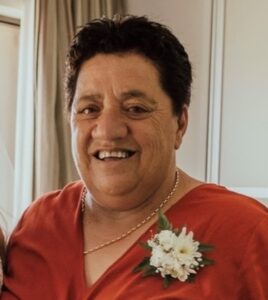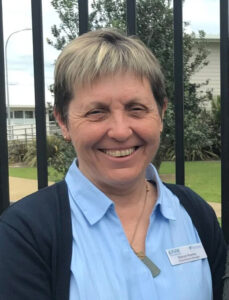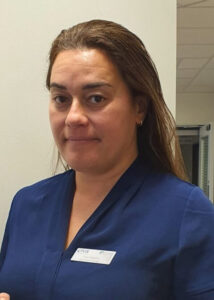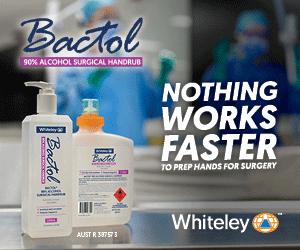
|
|
Rural health nurse Gina Chaffey-AupouriChaffey-Aupouri, 61, says for Māori, tino rangatiratanga, or self-determination, is at the centre of te ao Māori, and te Tiriti. She wants to see members come together under Maranga
|
|
|
Nurse Sharon PowleyWhakatāne Hospital paediatric clinical nurse manager Sharon Powley said she wants non-Māori nurses to support Māori.
|
|
|
Nurse Traci AdamsTauranga Hospital clinical nurse manager Traci Adams
|
Ngāti Porou Hauora rural health nurse Gina Chaffey-Aupouri is hoping to retire in the next few years.
“In some time . . . give me five years, I’d like to be out of here. Because I’ve worked really hard.”
In the rural health nurse role she has served the population of about 3000 across her East Cape community from her home base in Ruatoria for 27 years.
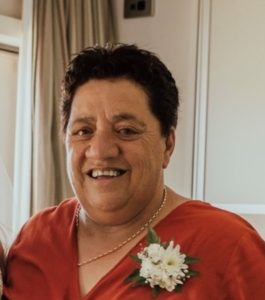
Chaffey-Aupouri is enthusiastic about Maranga Mai! and hopes it will achieve the goals of growing the Māori workforce, improving cultural competency and actualising te Tiriti.
“Māori struggle, we’re given every possible barrier to struggle. And we shouldn’t have to, to maintain our tino rangatiratanga, and others within the realm of health should understand what that means.
“Maranga Mai! Tino rangatiratanga – stand up for your rights as Māori.”
Chaffey-Aupouri’s own nursing career started abruptly 46 years ago, when she was just 17.
“I was working in a shop one day and then all the kuia from Tokumaru Bay came to get me to tell me I needed to be a nurse.”
Starting as a hospital aide at Te Whare Hauora o Ngāti Porou – Te Puia Springs Hospital, Chaffey-Aupouri completed an enrolled nursing programme in Hawke’s Bay – one of the last cohorts trained in the hospital-based system.
“Maranga Mai! Tino rangatiratanga – Stand up for your rights as Māori.”
She returned home and worked as a practice nurse for a local GP for a few years.
” . . . he said you should go back to nursing school,” Chaffey-Aupouri said.
She followed his advice and finished her Bachelor of nursing degree before embarking on a masters in advanced nursing practice.
A long serving NZNO Tōpūtanga Tapuhi Kaitiaki o Aotearoa (NZNO) delegate and Te Rūnanga member, Chaffey-Aupouri says her employer – Ngāti Porou Hauora charitable trust – hasn’t received enough funding to improve pay but she was hopeful change would come.
“I know they are working diligently to get us pay equity.”
In some cases nursing staff employed by Māori or iwi health providers are paid up to 25 per cent less than those under the Te Whatu Ora collective agreement.
Chaffey-Aupouri says her numerous awards – including a Queen’s service Medal (QSM) for services to Māori health and education – belong to her people.
“It is through serving our people that I am enabled. In the waka together we are stronger.”
Of 209 iwi and Māori health providers throughout the country, NZNO has collective agreements in place for 15 – including Ngāti Porou Hauora charitable trust – covering 361 members as of September 2022.
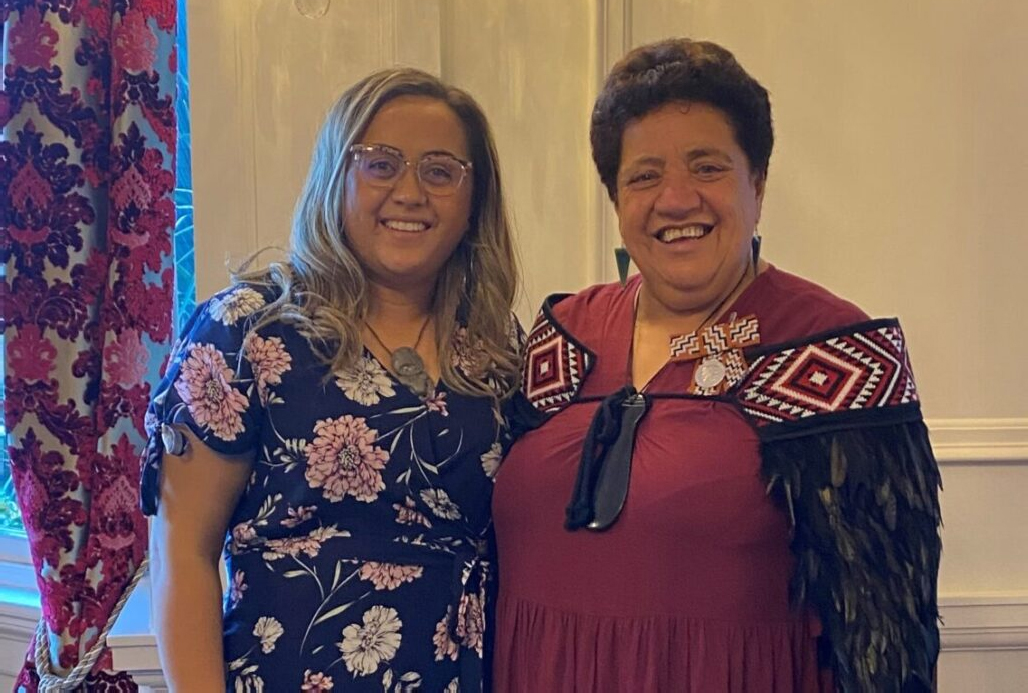
Doing the mahi
A damning report by Auckland University academics published in January concluded “endemic racism” within nursing was behind a stunted Māori nursing workforce.
While a critical part of the health workforce, Māori nurses were not valued but rather “silenced, rendered invisible, and oppressed”, the article published in the Online Journal of Issues in Nursing said.
“We’re not to be told, because those days are over. We need to work in conjunction, together towards something we feel is our self-determination.”
“A general lack of political will has thrived and fueled the absence of a concerted national approach to enact targeted strategies to recruit Māori into nursing,” the article concluded.
Launching Maranga Mai! in May, NZNO chief executive Paul Goulter said the organisation wanted to re-invigorate its commitment to te Tiriti, and tino rangatiratanga.
“Right across the motu, we cannot accept the dreadful outcomes [in] Māori health in this country, and we must give our Māori workforce the right to do what is right to address that,” chief executive Paul Goulter said at the campaign launch.
NZNO officially recognised tangata whenua members and committed to giving them a voice at “Ka Awatea – the New Dawn” – the annual conference of 2000.
“Māori nurses were not valued but rather “silenced, rendered invisible, and oppressed” . . .”
Today, Te Rūnanga has just over 4000 members, who are represented by their committee Te Poari, kaiwhakahaere Kerri Nuku and tumu whakarae Titihuia Pakeho.
NZNO’s mission according to the constitution “embraces te Tiriti o Waitangi” and aims to “give effect to te Tiriti partnership through representation of the concerns and interests of Māori members, and by seeking continued
improvements in Māori health”.
But many members say the commitment hasn’t been realised and more work is needed.
Māori are 16.5 per cent of the population but the Māori nursing workforce has been stagnant at seven per cent since 2015.
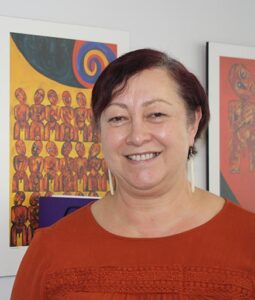
NZNO professional and nursing services manager Mairi Lucas (Ngāti Ranginui, Ngāti Raukawa) said the lack of progress on the workforce showed “there has been no commitment to increasing the Māori workforce to support Māori needs within health”.
Lucas has worked with kaiwhakahaere Kerri Nuku and Te Rūnanga to develop Maranga Mai’s goals under the banner of tino rangatiritanga including:
• Support for Māori self-determination
• Purposeful recruitment and retention of Māori nurses, and training programmes
• Understanding implicitly, the history of Māori and colonisation.
• Cultural competency assessments by those who are competent in tikanga practice
• Ensuring Māori participation in governance and decisionmaking.
The revitalised commitment would need to apply to NZNO as much as the health sector, Lucas said.
“We’ve been a bicultural organisation for many years and yet our [NZNO staff] Māori workforce is less than two per cent. That’s worse than the nursing workforce.”
Lucas said she wanted to see more nurses employed by Māori and iwi providers represented in bargaining by NZNO.
‘Broad shoulders’ needed to counter workplace racism
Clinical nurse manager at Tauranga Hospital Traci Adams, 47, pursued a nursing career while a single mother of two.
A whānau group for students helped her navigate the challenges of study, but she says about eight dropped out from her course.
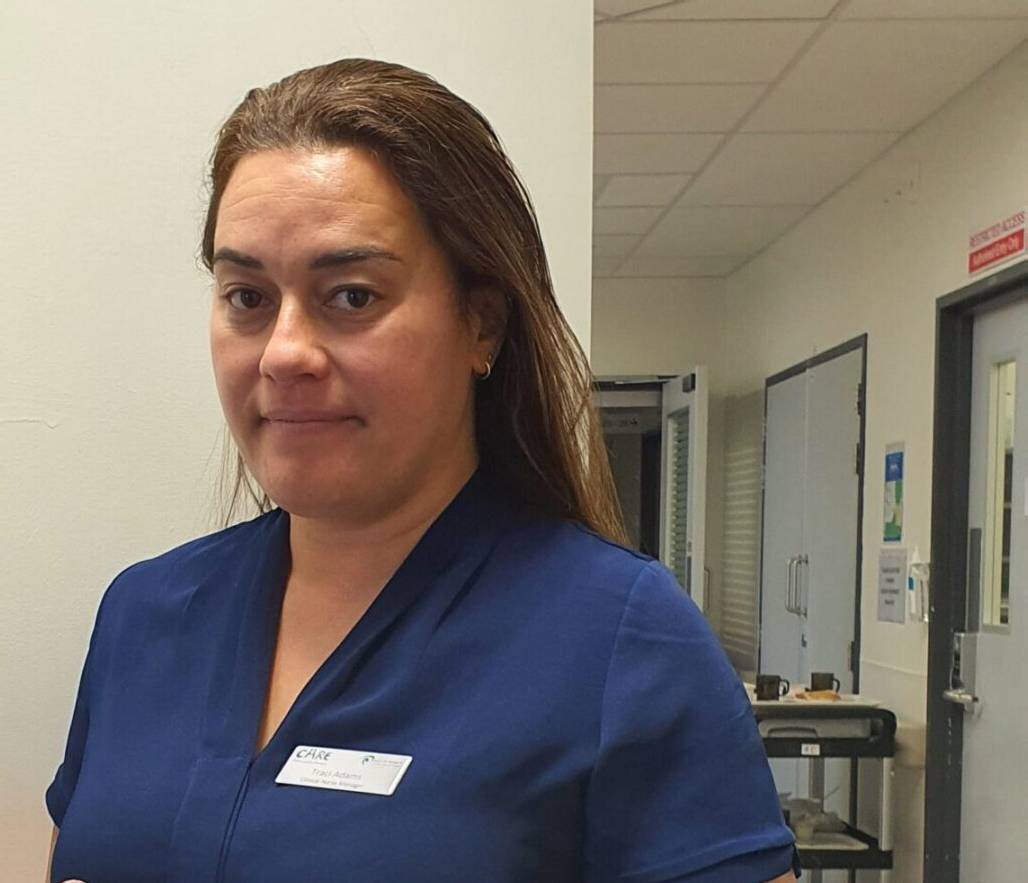
A cultural competency course was disparaged by many non-Māori students, with some refusing to attend a marae stay, Adams said.
With 10 years under her belt, the respiratory ward nurse manager still comes across racist attitudes from other nurses.
Comments by non-Māori nurses labelling a programme to offer Māori patients the COVID-19 vaccination as “racist” were disappointing, Adams said.
“Just accept that our ancestors got it wrong. And, that it’s not about you personally – I think a lot of people get hung up on that.”
“Having those negative comments coming from the back is not helpful when we’re just trying to help our people get to an equitable level of health.”
She said systemic disadvantages resulting from colonisation were not well understood or acknowledged, and could led to resentment and racism for some.
“If I didn’t have the background that I do, and if I wasn’t as mature as I am, I don’t know if I would have had the broad shoulders to deal with that.”
But Adams said she has started to see some positive changes over the past five years, as the number of Māori doctors has increased.
A focus on tino rangatiratanga meant pushing for self-determination for health and well-being outcomes, and being part of the decision-making kōrero, Adams said.
“We’re not to be told, because those days are over. We need to work in conjunction, together towards something we feel is our self-determination.”
Support role of Pākehā to actualise te Tiriti
Tino rangatiratanga and Pākehā Whakatane Hospital paediatric ward clinical nurse manager Sharon Powley is clear about the role Pākehā and NZNO need to play in actualising te Tiriti.
“For Pākehā, our job is to support our Māori colleagues.”
Supporting tino rangatiratanga meant understanding and accepting the legacy of colonialism.
“Just accept that our ancestors got it wrong. And, that it’s not about you personally – I think a lot of people get hung up on that.”
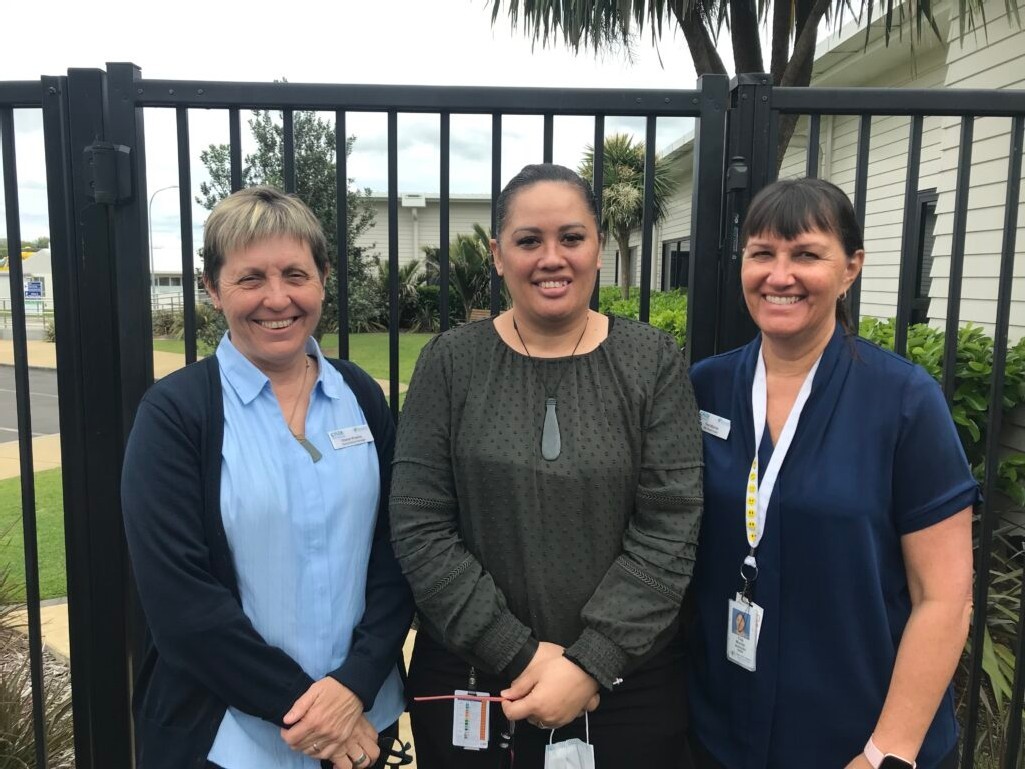
Powley said she believed cultural competency training required some individual responsibility, and openness.
“You could provide all the training in the world and some people will never change.”
Supporting Māori sovereignty was a “no brainer” for the Maranga Mai! campaign, Powley said.
” . . . until we relinquish that power and go, ‘it’s ok, you can have that’, it’s not going to change and NZNO needs to lead the way.”
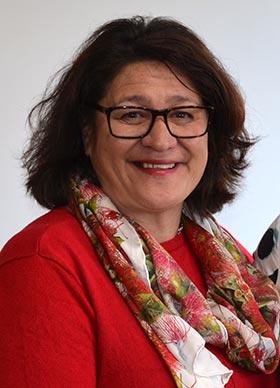
A new partnership model?
NZNO kaiwhakahaere Kerri Nuku said NZNO had an opportunity to forge a new path and live up to its te Tiriti commitments.
She said the new health system, established under the Pae Ora legislation, had not delivered on the promise of partnership because the Māori Health Authority – Te Aka Whai Ora – did not have equitable funding power.
“I think, given the fact we are not driven by a Government mandate . . . we’ve got an opportunity to do it better but it does require a willingness of both parties to do that.”
Nuku said going forward it would be up to NZNO to relinquish power to Te Rūnanga, so that true partnership could be achieved.
“I think we have been true to the kaupapa, it’s the other party that hasn’t come on board with that.”




